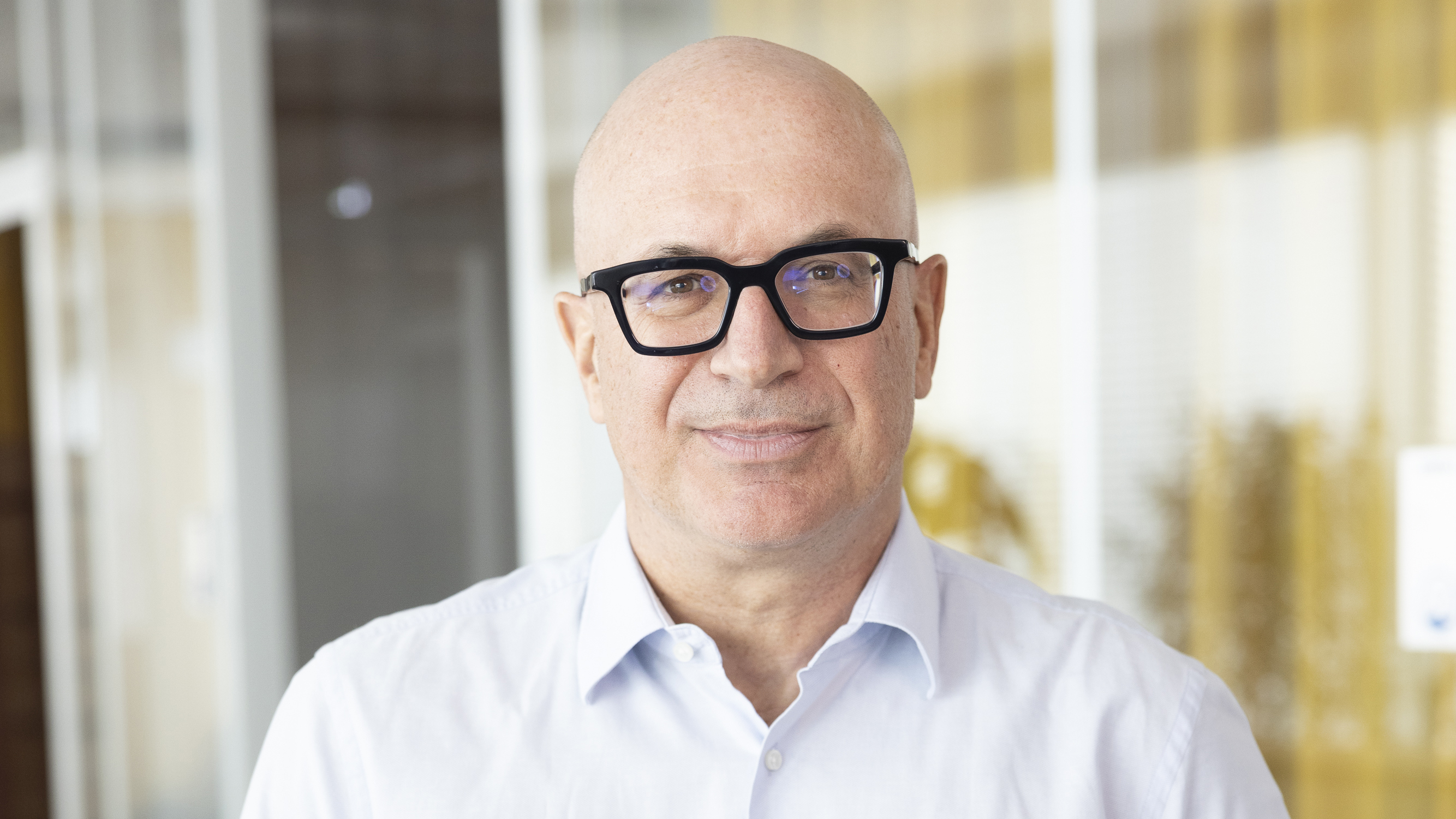Magyar Bankholding Aims to Build Hungary’s Market Leader in Sustainable Finance

András Puskás, chief advisor to the president of Magyar Bankholding
András Puskás, the chief advisor to the president of Magyar Bankholding, talks to the Budapest Business Journal about the leading role the lender wants to carve out for itself in the forefront of the ESG transition.
BBJ: Why is sustainability so crucial to Magyar Bankholding?
András Puskás: As the engine and financier of the economy, the banking sector has a critical role to play in the push toward sustainability. This has been strengthening in the last year or two concerning the transition. In essence, the role of financial institutions is twofold. On the one hand, they must make their own operations more sustainable, serving as an example for the rest of the economy. On the other hand, because banks are deeply embedded in economies and societies, they can drive real change. They can develop products and services that encourage customers to make their investments and savings more sustainable. For example, banks can integrate ESG considerations into their various funding decision mechanisms and give preference to sustainable finance requests. Magyar Bankholding also supports customers with a competence center where sustainability experts can help with their investments or other financial goals.
BBJ: What is your ESG strategy?
AP: In the summer of 2022, we announced our ESG strategy, which is not only a stand-alone strategy for our sustainability efforts but also part of the overall strategy of the integrated bank we are building through the merger process. We aim to have a strong focus on sustainability and green growth in our operations and lending. Our ESG strategy states that we will continuously increase green financing, and several initiatives are planned to achieve this. We will create new green products on the account management and lending side and analyze the environmental risks of each transaction and client in every loan assessment. We will also start to measure the joint carbon footprint of the banking group and develop a program to achieve net carbon neutrality, first for our organization and then for the portfolio we finance.
BBJ: What about this sets you apart from other banks?
AP: One of our primary goals is to be Hungary’s market leader in sustainable finance. We have placed a strong emphasis on this, along with our merger efforts. Although all banks will soon have dedicated experts working on this topic, our management established an ESG and sustainability area last year, taking a significant step towards green operations. We are also planning to add ESG assessment to the entire loan approval process. In practice, this means that we will assess ESG risks for most loan transactions, giving us a complete picture of the sustainability risks of our portfolio over a two-to-three-year horizon. Furthermore, we will create a sector strategy and target a portfolio that meets sustainability regulation requirements as soon as possible.
In December 2022, Magyar Bankholding joined the Environment Program Finance Initiative established by the United Nations. This aims to facilitate the shift of the financial sector towards sustainability. Institutions joining the initiative commit to comply with recommended ESG strategies and to pay special attention to sustainability in their business activities. More than 400 financial institutions have joined since its launch, meaning we are a member of an international community taking the first vital steps towards a better, greener future.
BBJ: How would you characterize the take-up of ESG in general, and specifically in financial reporting, in Hungary, particularly in comparison to other countries in the region?
AP: Large companies have always strived to produce a sustainability report at least. Many activities used to be classified as CSR, which now clearly form the basis of ESG guidelines. But ESG is also something we have all engaged in during the last two years, especially at the regional level. An important reason for this is the emergence of clear and strict guidelines for sustainability based on international and national professional expectations and legal requirements. Global, EU and domestic financial guidelines, such as the Paris Climate Agreement, are increasingly pushing the integration of ESG considerations into operations. However, it is important to note that these rules are still evolving.
BBJ: What can be done to accelerate this take-up?
AP: We believe three activities can best accelerate these processes: 1) offering green credit products with favorable terms and conditions; 2) education; and 3) a change of mindset. The first is relatively easy, as it takes a small investment of time and money to set up the necessary processes and products. The second and third take time. Many people do not yet consider sustainability an important factor, making it difficult to convince them to share extra information with us for a green loan or report back to us regularly over the entire term of the loan provided. We aspire to participate actively in continuous education and changing attitudes by offering guides, educational materials, and face-to-face meetings. We also support the regulator’s strategy: imposing increasingly stringent expectations for the banking sector has an indirect impact on the companies we finance, and they will then incorporate ESG aspirations into the everyday lives of consumers.
BBJ: Should the emphasis be on the business world to do more, or should the National Bank of Hungary (MNB) and the government be driving this forward?
AP: This is a recurring issue and a common challenge. We believe market players should not wait for an authority to impose the push toward sustainability. But it is also essential that the central bank has high expectations because, without initial incentives, the process would be much slower. We believe that the initiatives of MNB are a step in the right direction; the green capital rebate and the Green Home Program it introduced have had a very positive impact on the sector. These also help both businesses and consumers understand that, in return for preferential credit terms, they have a part to play, whether it is building an energy-efficient home or sharing and obtaining data that they did not previously.
BBJ: Is there anything else to add?
AP: One of our key objectives is to be among the top three Hungarian banks in terms of ESG strategy implementation capability, which we plan to achieve through several forward-looking initiatives. This year, we will develop our net-zero banking strategy, which will be accompanied by a full carbon inventory so that we have a baseline and can accurately measure progress. We will also set the necessary targets to report on in 2024 in the UN Environment Program Finance Initiative framework. Lastly, we will start tackling one of the biggest and most demanding tasks: creating an ESG data marketplace to collect, store and report on hundreds of data points and KPIs. We are excited to continue building our leadership in ESG and look forward to sharing updates on our progress in the coming months.
This article was first published in the Budapest Business Journal print issue of February 10, 2023.
SUPPORT THE BUDAPEST BUSINESS JOURNAL
Producing journalism that is worthy of the name is a costly business. For 27 years, the publishers, editors and reporters of the Budapest Business Journal have striven to bring you business news that works, information that you can trust, that is factual, accurate and presented without fear or favor.
Newspaper organizations across the globe have struggled to find a business model that allows them to continue to excel, without compromising their ability to perform. Most recently, some have experimented with the idea of involving their most important stakeholders, their readers.
We would like to offer that same opportunity to our readers. We would like to invite you to help us deliver the quality business journalism you require. Hit our Support the BBJ button and you can choose the how much and how often you send us your contributions.











